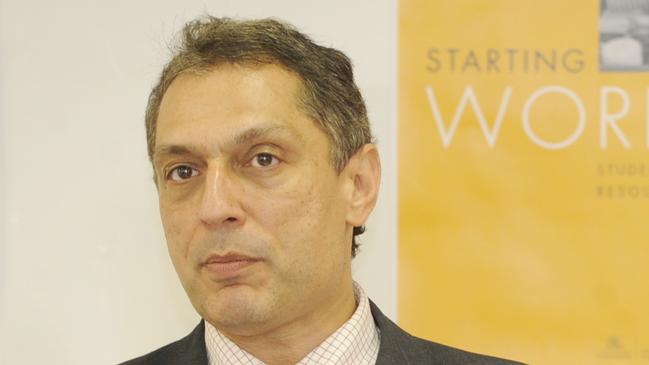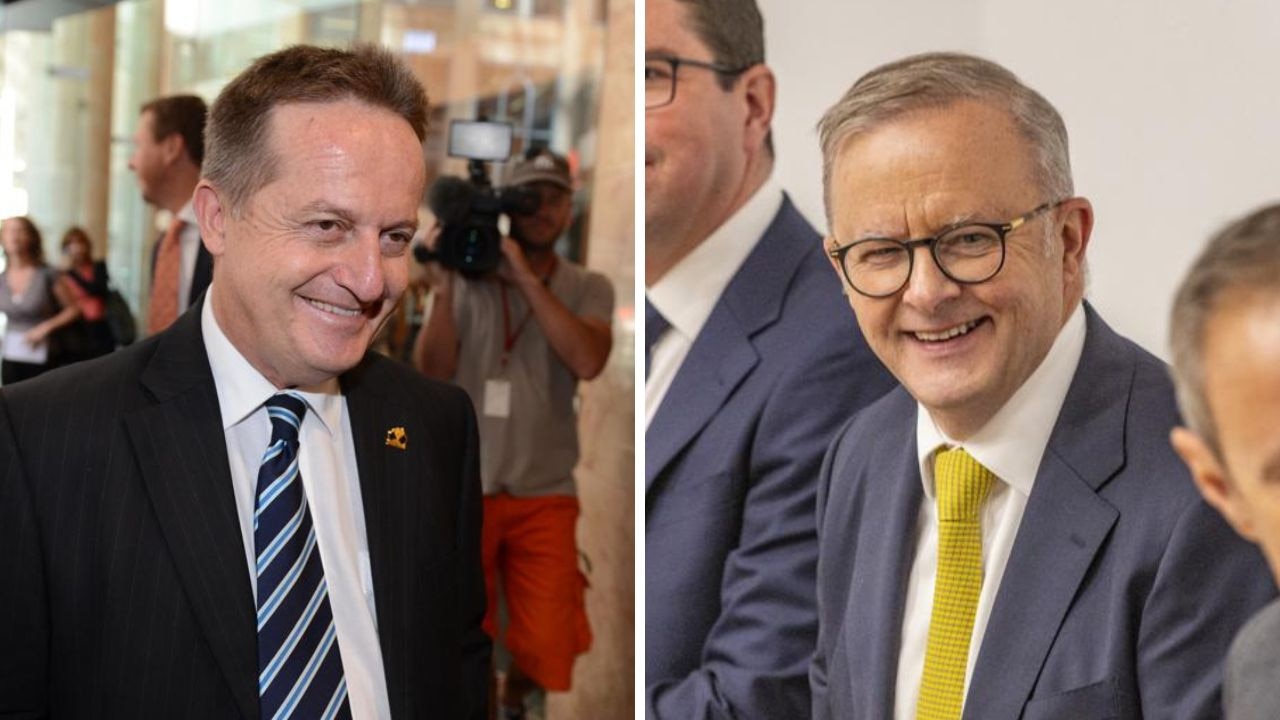Anti-corruption agency heads defend public hearings
The NSW and Victorian anti-corruption commissioners have launched a staunch defence of holding public hearings wherever possible.

The NSW and Victorian anti-corruption commissioners have launched a staunch defence of holding public hearings wherever possible, declaring that they keep the agencies accountable and weed out further bad behaviour.
Appearing before federal parliament’s national anti-corruption committee, NSW ICAC chief commissioner John Hatzistergos also disputed a statistic used by the Albanese government to make the case for its higher threshold of holding public hearings under “exceptional circumstances” and where it is in the public interest.
Federal Attorney-General Mark Dreyfus has said the NSW ICAC holds about 5 per cent of its hearings in public and the NACC committee chairwoman, Labor senator Linda White, said on Wednesday it was 4 per cent.
Mr Hatzistergos responded: “I don’t know where you get that figure of 4 per cent from. If you look at the extent we do hearings … just over 40 per cent actually is done in public.
“If you’re talking about on what percentage of complaints we get end up becoming public hearings for investigations, it’s less than 1 per cent.”
Government sources said Mr Dreyfus was referring to the NSW ICAC’s 2020-21 annual report, which shows there were 85 compulsory examinations (held in private) compared to three public inquiries, while Mr Hatzistergos was talking about the amount of hearing time spent in the public sphere.
Mr Hatzistergos and at least one other NSW ICAC commissioner can decide to hold public hearings when it is in the public interest.
“We’ve got to be satisfied there’s a likelihood of finding of serious or systemic corruption,” he said. “I’m a strong supporter of public hearings. I believe they’re important because they keep organisations accountable. They provide an opportunity for other people to come forward.
“We’ve had investigations which have commenced in public and as a result of that other people have come forward and we’ve been able to go into other areas, which have … significant issues of corruption.”
Victorian IBAC commissioner Robert Medlich KC said it should be mandated in the NACC – and not discretionary as the legislation currently allows – for the commissioner to consider whether a witness’s reputation may be unreasonably damaged when deciding whether to hold a public hearing.
“That the commissioner ‘may have regard’ to that question – that’s not, in my respectful submission, good enough,” he said.
“The bill, if it’s to provide the protection, which I think should exist, to ensure reputations are not unfairly damaged, should be quite prescriptive. Once you put in an obligation on the commissioner to be satisfied that reputations will not be unreasonably damaged, in my view the need for ‘exceptional circumstances’ disappears. Understanding of integrity issues is substantially enhanced by a public hearing. And conversely when matters are dealt with in private, mistrust arises in relation to the way in which the issues are being managed. Public confidence in the integrity agency is also lost.”
There will be two more days of committee hearings this week, with a report due to be handed down by November 10. The government is hopeful of a vote on the NACC at the end of next month despite wide-ranging calls for amendments.



